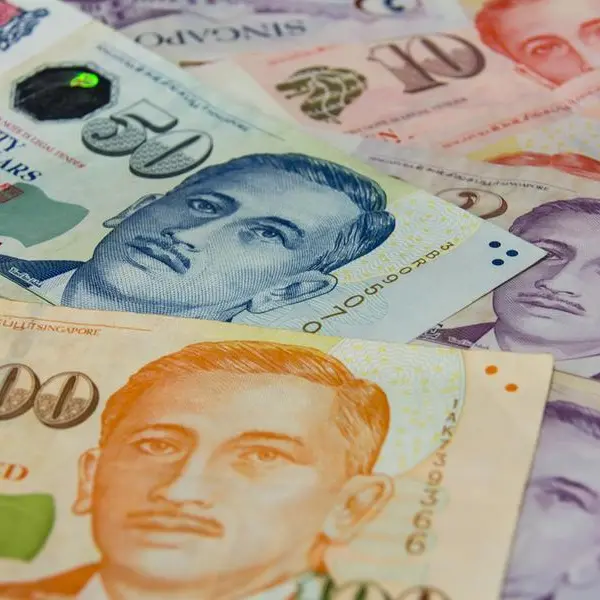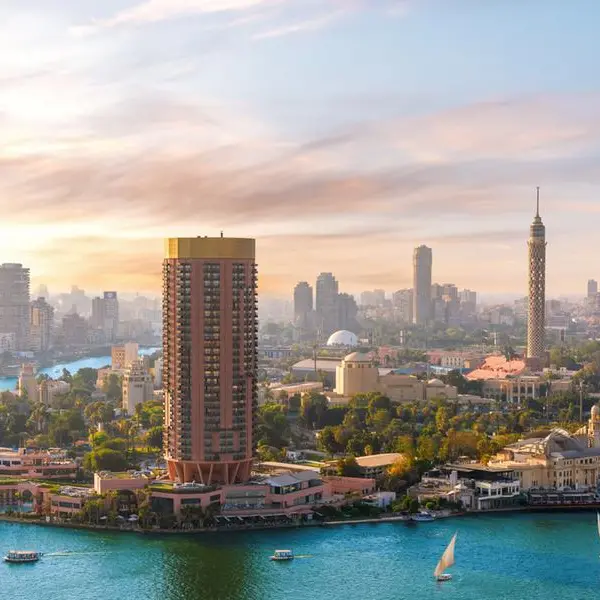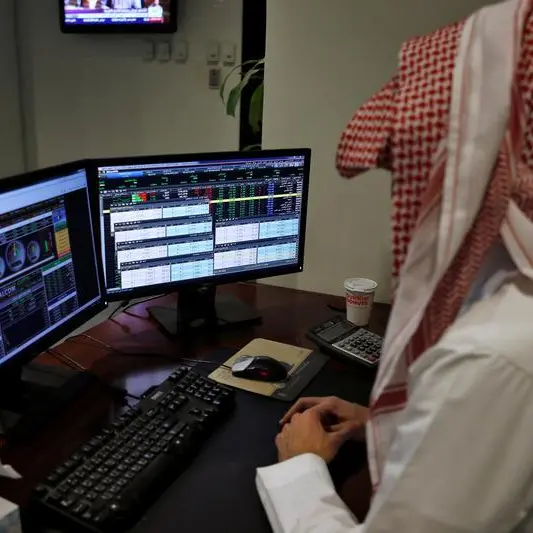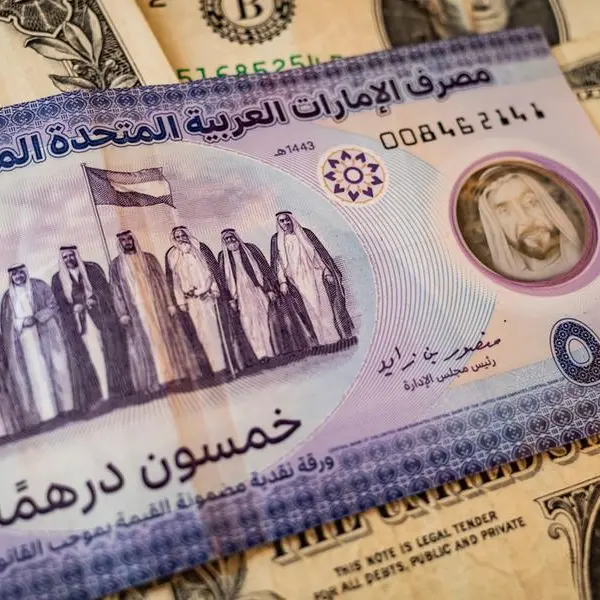PHOTO
Ahmed Abou El-Saad, Managing Director of Azimut Egypt Asset Management, expects that the year 2022 will be the most fortunate in the offerings process; especially that many of the delayed offerings have become closer to implementation this year.
Daily News Egypt interviewed Abou El-Saad to learn about Azimut’s business plans in 2022 and his expectations for the local financial market.
What is the volume of the assets managed by your company? And what is the target volume by the end of 2022?
The company manages assets worth EGP 10bn, and the portfolio of managed assets is expected to grow by the end of 2022 by approximately 20% up to EGP 12bn. The company’s strategy focuses on expansion and growth in the number of investors in managed funds, and the real success in the funds sector is the ability to reach the largest segment of investors, even if their investments are of simple values. What matters the most is attracting investors and making their investments sustainable.
The Edekhar (‘Saving’) Fund has managed to attract 2,000 investors in just one year. Also, the Foras (‘Opportunities’) Fund attracted 1,000 investors in just three months, and this is just the beginning. With the use of fintech in the future, the situation will be much better in terms of expanding the investors segment.
What are the company’s plans for launching new funds in 2022?
The company has obtained the approval of policyholders to convert the Foras Fund from a regular fund to an umbrella fund, and Azimut intends to launch a new version of the fund in 2022 to invest in shares that comply with the provisions of Islamic sharia.
What is your outlook for offerings in 2022?
I expect that the year 2022 will be the most fortunate in the offerings process, especially that many of the offerings that were supposed to be implemented two years ago have become closer to implementation this year, so we hope that global markets will contribute to strengthening these propositions, because global markets have a major role in the success of promoting demand.
What are the most prominent challenges and problems the EGX deals with? How can it overcome them?
The EGX is currently suffering from five main challenges that must be overcome for its trading volume to recover and be attractive for investments once more.
First, it is essential to promote supply through offerings while offering products with an attractive valuation.
Second, it is necessary to stimulate demand by encouraging institutional investments. There are many financial institutions with huge financial portfolios, part of which is supposed to be directed to the stock exchange. With good offerings and huge institutional investments, the situation of the EGX will improve significantly.
Third, the market has to be freer by dedicating it only to specialists and professionals. Dealers often place the blame on the regulatory and supervisory authorities of the market as soon as any problem occurs.
The fourth challenge involves confusion caused by government decisions. Coordination in government decisions among ministries is greatly required, along with an authority that sets a sequence for issuing decisions and determining the extent of their impact on the market as well as choosing the appropriate timing for their announcement, because sudden, unorganized decisions always have a bad impact on market transactions, so decision makers must be aware of the extent of the impact of those decisions on investors.
Fifth, it is necessary to bring back promotional campaigns for Egypt in various world markets in partnership with investment banks and government officials, which can enhance the attractiveness of Egypt to foreign investments and restore the confidence of foreign institutions in the Egyptian market.
What are the most important challenges that you see on an economic level?
The local economic situation is very encouraging for investment. The local economy is witnessing great growth rates, largely controlled inflation, and good foreign exchange reserves. With high levels of Egyptian remittances from abroad and foreign investments in treasury bills, and as tourism recovers, the economic situation will be much better.
How do you see the development of the investment fund industry in Egypt, especially with the latest package of legislation?
It should be noted that investment funds have been dying out for many years until 2020, which witnessed a surge in fund legislation by the Financial Regulatory Authority, which in turn led to a boom in the investment fund industry. Fund managers are now allowed to establish investment funds, and several parties are allowed to receive underwriting requests, so more improvements are expected.
Additionally, the seed money crisis has been solved by setting a maximum of EGP 5m instead of 2% of the volume of the fund.
It is worth noting that the funds market is hungry for more investment funds, even the more traditional ones. Now that the old obstacles are eliminated, it will be easier to reach several segments of new investors and expand the base of investors.
© 2022 Daily News Egypt. Provided by SyndiGate Media Inc. (Syndigate.info).





















